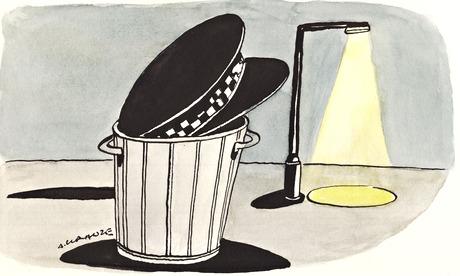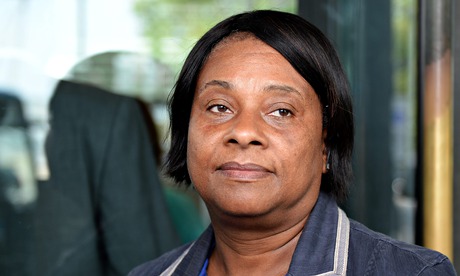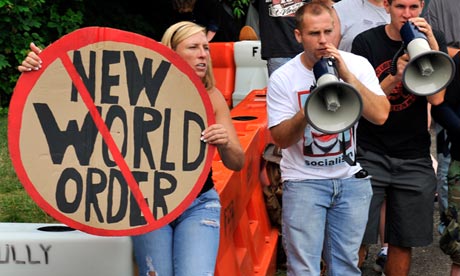P Sainath in The Hindu
Getting Mr. Srinivasan to walk the plank is desirable, but won’t rescue Indian cricket. Scrap the BCCI, whole hog, and start over
Isn’t it reassuring to learn how many men of character the Board of Control for Cricket in India has? With the secretary and the treasurer resigning their posts, joined by the IPL chairman as well, and more lining up to quit on noble principle? Conscience crawls out of the mothballs by the hour.
The BCCI-Indian Premier League would love to retain what they have — minus N. Srinivasan. They’re working on an “exit formula” to toss their much reviled chief overboard. We can then witness a withdrawal of resignations amidst a celebration of principle and probity. While getting Mr. Srinivasan to walk the plank is desirable, it won’t cleanse the BCCI, the IPL, or cricket.
So now we know it wasn’t a few bad apples but a whole rotten orchard. The “just three cricketers,” defence was always dishonest. The rot engulfs the entire edifice of the IPL and the BCCI. The media have a ball-by-ball commentary going on this sordid Reality show: The Hunt for Srini’s Scalp. It’s entertaining too, with even an element of suspense. You never know who the next man in will be, with players in this game switching teams on field. And then there’s Sharad Pawar sending down googlies to himself on the sidelines. Yesterday’s Srinivasan loyalists could be the spearhead of today’s attack on him. Sanjay Jagdale, Ajay Shirke and Rajiv Shukla— who’ve just quit their BCCI posts — seem to be warming up for a bowl.
That Mr. Srinivasan should not head the BCCI (or anything involving the public interest) was apparent years ago. That is, to anyone whose perception was not modified by lucrative contracts with, or advertising revenue from, the BCCI-IPL. However, it’s crazy to believe his exit will set everything right. He will be replaced by his own recent collaborators. The kind who helped reduce a national passion to a hyper-commercial freak show. Take a bow, Pawar saheb.
The BCCI-IPL have faced serious charges for a while. For instance, from the Enforcement Directorate. Ensconced in London, the IPL’s founder is a fugitive from justice. Then came this BCCI chief whose conflict of interest was made ‘legal’ by changing the body’s rules. (Take another bow, Pawar saheb). Mr. Srinivasan owning an IPL team while heading the BCCI only now gets the attention it demanded years ago. As for Mr. Pawar, his notable achievement in UPA-I was to rack up more frequent flier miles on overseas travel in the name of Indian cricket than for agriculture.
This April, an irate Bombay High Court told the IPL crowd to pay up the amount they owed the Maharashtra police for security provided during their matches. The dues, the government of Maharashtra said, were “around Rs. 9 crore. The Bench also said the law permits government to attach the properties of the defaulters.
Forget the dues, the IPL earlier made money from the state. It got over Rs. 20 crore in entertainment tax waivers from the government of Maharashtra, the gains going to Mukesh Ambani, Vijay Mallya, Shah Rukh Khan and others in need. Until an outraged Bombay High Court ordered recovery of that money. Meanwhile, state-owned stadia are still given out to the BCCI-IPL at throwaway rates.
What does one do with the BCCI?
Dissolve it. Scrap the BCCI and start afresh. Have a public audit of this body’s activities over the past decade. The BCCI is characterised by its contempt for the public interest. By the impunity it could act with, confident of its power, corporate, political and media. Start over. Build and launch a body that is transparent and accountable. A body that runs the Indian team must be accountable to the public and the country in whose name it acts.
The IPL isn’t just about spot-fixing or betting. It is about the hyper-commercialization of a beautiful game to a point where it destroys the soul of that sport. It’s about structured sleaze and a corrupting culture. Every dodgy defence of the IPL holds aloft that catch-all excuse: commercial success. This, in their eyes, outweighs its “few flaws.” Yet, the cloud that the Sreesanths and Meiyappans have come under is no aberration. It is the standard product of such a system.
It isn’t just the BCCI brass who have suddenly spotted disaster. Take the dominant media that daily celebrates its latest exclusives on the scandals. The same media lionized the IPL, season after season. Whose pundits, with a few honourable exceptions, stuck to the defence and promotion of the IPL culture.
They even briefly went with the franchisees’ claim: “Our security was so tight, owners could not enter the dugouts. Bookies had no chance of being there.” They didn’t need to be. The paid-entry late-night parties were a cosy access zone for fixers, bookies and worse.
Sure, the media’s pressure at this point is a very good thing. But almost every exposé of fixing, betting or dubious deals has come from official agencies. From the Delhi and Mumbai police, from the Enforcement Directorate. Any good stories that came out of journalistic investigation before that were quickly brushed aside by a media revelling in the IPL culture. TV channels had many panellists — including legendary cricketers — extolling the glories of the IPL while being on its payroll. There were even former players accused in earlier fixing scandals. But the advertisers and sponsors till now delighted with this con-job, today worry that the “brand equity of the IPL has taken a beating.”
Well, Indian cricket has taken a worse beating.
The media helped build a make-believe world that allowed no serious critique of the IPL. Any criticism was met by: “Don’t let’s hurt cricket just because of a few small problems here.” Such words falsely conflate the interests of the IPL with those of Indian cricket. Their interests are worlds apart.
What has been the IPL’s contribution to Indian cricket?
It changed the axis, orientation, content and soul of Indian cricket. It privatised a national passion, promoted a corrupting commerce. The game is now “owned” by companies, corporate sharks and their political patrons, film stars, advertisers and sponsors. No longer by the cricketing public.
The domestic circuit that was the feeder system for India’s international teams is hurting. The Indian greats came up through it. But now it is the feeder for the IPL. Why play in the Ranji Trophy (except to get noticed by the recruiters) when you can make millions playing sub-standard cricket in the League? The IPL has not contributed a single great player to Indian cricket.
The “few rotten apples” line was always a fraud. And we need to do what orchardists do on rare occasions. Burn the orchard and plant for fresh growth. Scrap the BCCI and start over. Re-grow cricket.
Sticking with those analogies, what happens to the waste you have to get rid of? The net is full of websites running advice on that. The United States Environmental Protection Agency has some suggestions, for instance. Including “burning, chipping, shredding, grinding, composting or use as hog fuel.” Isn’t that tempting?








